Mohit Bhatt
2025-08-22
7 min read
7 Best Digital Marketing Agencies in Asia to Work With
Finding the right digital marketing agency for your business can feel like searching for a needle in a haystack.
Read More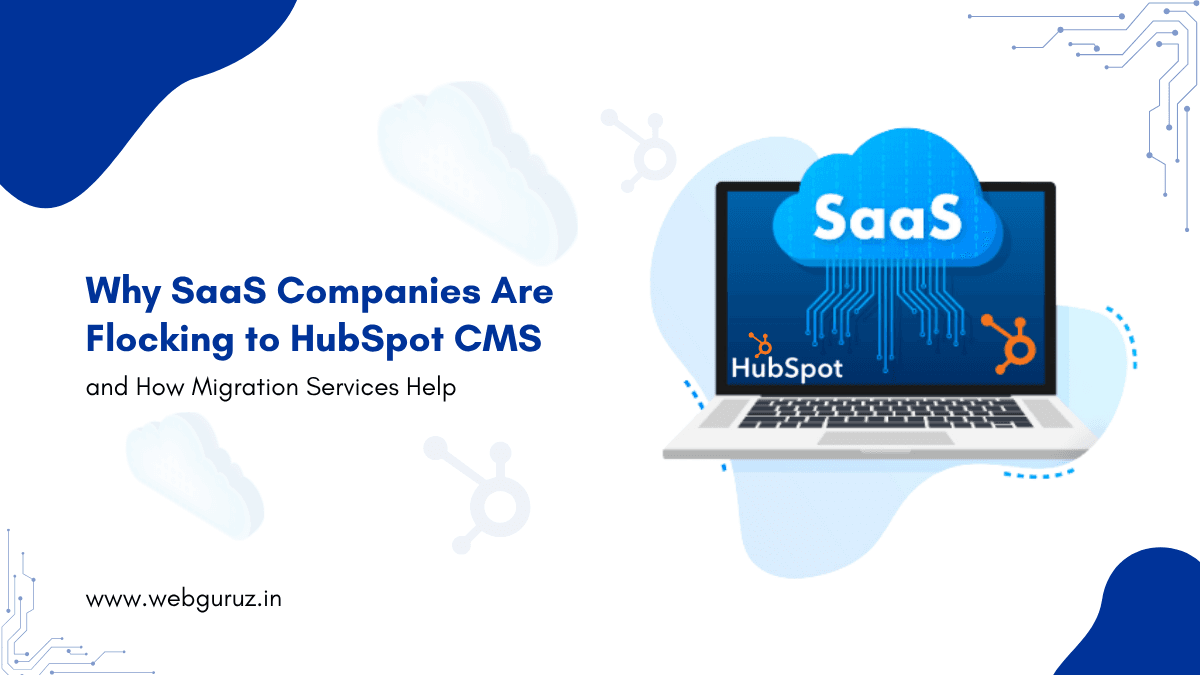
Software as a Service (SaaS) companies are constantly looking for ways to streamline their operations and get better results from their marketing efforts. One trend that’s been picking up serious steam lately is the move toward HubSpot CMS. It’s not just a random shift- there are real reasons why SaaS businesses are choosing HubSpot over other content management systems, and why they’re investing in professional HubSpot CMS Migration Services to make the transition smooth.
If you’re running a SaaS company and wondering whether HubSpot CMS is worth the hype, this article will break down everything you need to know. We’ll explore why SaaS companies are making this move, what makes HubSpot CMS special, and how migration services can help you transition without the usual headaches that come with switching platforms.
The numbers tell an interesting story. HubSpot has grown from a small startup to serving over 184,000 customers across more than 120 countries. What’s particularly striking is how many of these customers are SaaS companies. But why are software companies specifically drawn to HubSpot’s content management system?
The answer lies in how SaaS businesses operate. Unlike traditional companies that might sell products once and move on, SaaS companies need to nurture relationships with their customers constantly. They need to create content that educates, engages, and converts visitors into trial users, then into paying customers, and finally into long-term subscribers. This requires a content management system that’s not just about publishing blog posts- it needs to be part of a larger ecosystem that handles marketing, sales, and customer service.
SaaS companies also tend to be data-driven. They want to know which blog posts are driving the most trial signups, which landing pages have the highest conversion rates, and how their content marketing efforts are impacting their bottom line. HubSpot CMS delivers on all these fronts, which explains why it’s becoming the platform of choice for software companies.
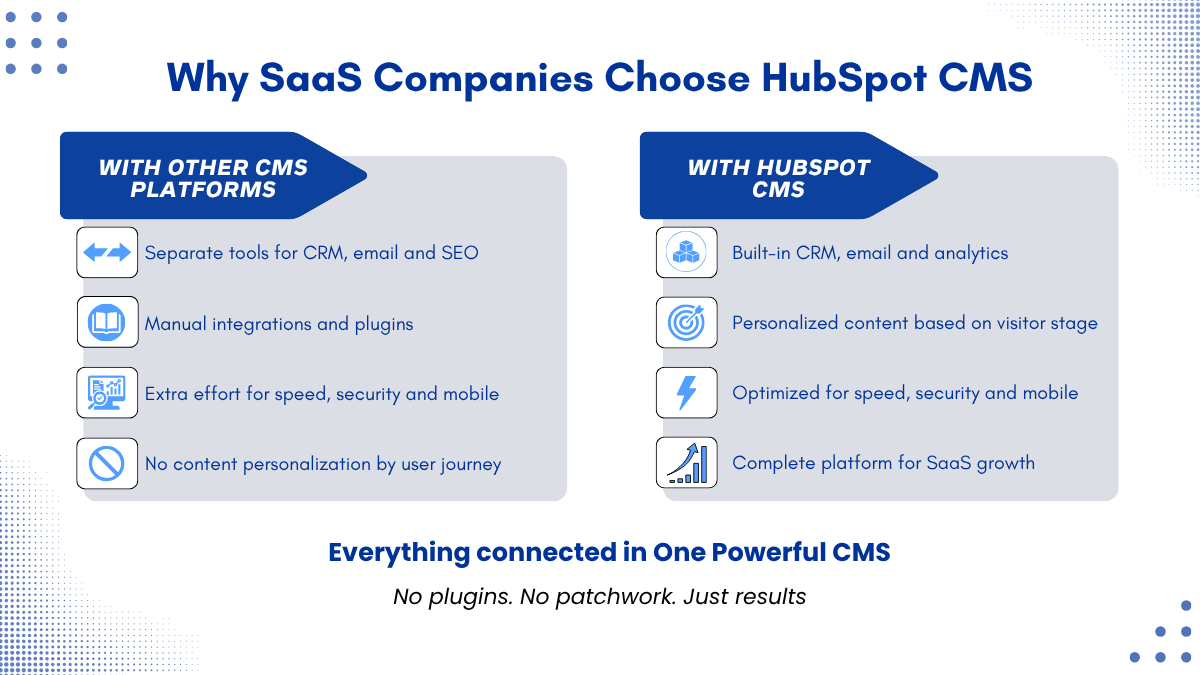
When you look at the content management landscape, there are plenty of options out there. WordPress powers about 40% of all websites, Drupal has been around forever, and newer players like Webflow are gaining traction. So what makes HubSpot CMS stand out, especially for SaaS companies?
The biggest difference is integration. While other CMS platforms require you to connect multiple tools to get a complete picture of your marketing performance, HubSpot CMS comes built into the larger HubSpot ecosystem. This means your website, email marketing, social media management, lead scoring, and customer relationship management all live in the same place. For SaaS companies that are already juggling multiple software subscriptions, this consolidation can be a game-changer.
HubSpot CMS Development also offers something that’s particularly valuable for SaaS companies: the ability to create personalized experiences at scale. Instead of showing the same homepage to everyone who visits your site, you can display different content based on where visitors are in their customer journey. Someone who’s never heard of your product might see educational content about the problem you solve, while someone who’s already signed up for a trial might see testimonials and case studies.
The platform also handles technical SEO requirements automatically. Things like page speed optimization, mobile responsiveness, and SSL certificates are taken care of behind the scenes. For SaaS companies that would rather focus on building their product than managing website infrastructure, this is a huge advantage.
What really sets HubSpot apart for SaaS companies isn’t just the CMS- it’s how the CMS works with the rest of the HubSpot platform. When you choose HubSpot CMS Migration Services, you’re not just getting a content management system; you’re getting access to what they call their “HubSpot Main Hub” approach, which includes several specialized hubs designed to work together seamlessly.
The HubSpot Content Marketing Hub is where most SaaS companies start to see real value. It’s not just about creating and publishing content- it’s about understanding how that content performs throughout the entire customer journey. You can see which blog posts are attracting the most qualified leads, which landing pages have the highest conversion rates, and how your content is contributing to actual revenue growth.
HubSpot marketing automation capabilities mean that your content can do more than just inform- it can actively guide prospects through your sales funnel. For example, if someone downloads a whitepaper about a specific feature of your software, the system can automatically send them a series of emails with more detailed information, case studies, and eventually, a demo request form. This level of automation is particularly valuable for SaaS companies that often have longer, more complex sales cycles.
The Service Hub component is where things get really interesting for SaaS companies. Customer success is crucial in the software world- it’s much more cost-effective to keep existing customers than to acquire new ones. Service Hub allows you to create knowledge bases, help desk tickets, and customer feedback loops that integrate directly with your content management and marketing efforts. This means you can identify common customer questions and create content that addresses those issues before they become support tickets.
Making the switch to any new platform can be complicated, but moving to HubSpot CMS has its own unique challenges and opportunities. This is where HubSpot CMS Migration Services become invaluable. The migration process isn’t just about moving your existing content from one platform to another- it’s about reimagining how your content strategy works within the HubSpot ecosystem.
One of the biggest challenges SaaS companies face during migration is maintaining their search engine rankings. If you’ve spent years building up organic traffic to your blog posts and landing pages, the last thing you want is to lose that visibility when you switch platforms. Professional migration services understand how to set up proper redirects, maintain URL structures where possible, and ensure that your SEO equity transfers to your new HubSpot site.
Data integration is another complex area where professional help makes a difference. Most SaaS companies have customer data spread across multiple systems- their billing platform, customer support tools, email marketing systems, and analytics platforms. A proper HubSpot migration involves connecting all these data sources so you have a complete view of each customer interaction.
There’s also the question of customization. While HubSpot CMS offers a lot of functionality out of the box, most SaaS companies have specific needs that require custom development work. Maybe you need to integrate with your product’s API to show account-specific information to logged-in users, or perhaps you want to create custom landing pages for different market segments. HubSpot CMS Development specialists can handle these customizations while ensuring everything works smoothly with the platform’s built-in features.
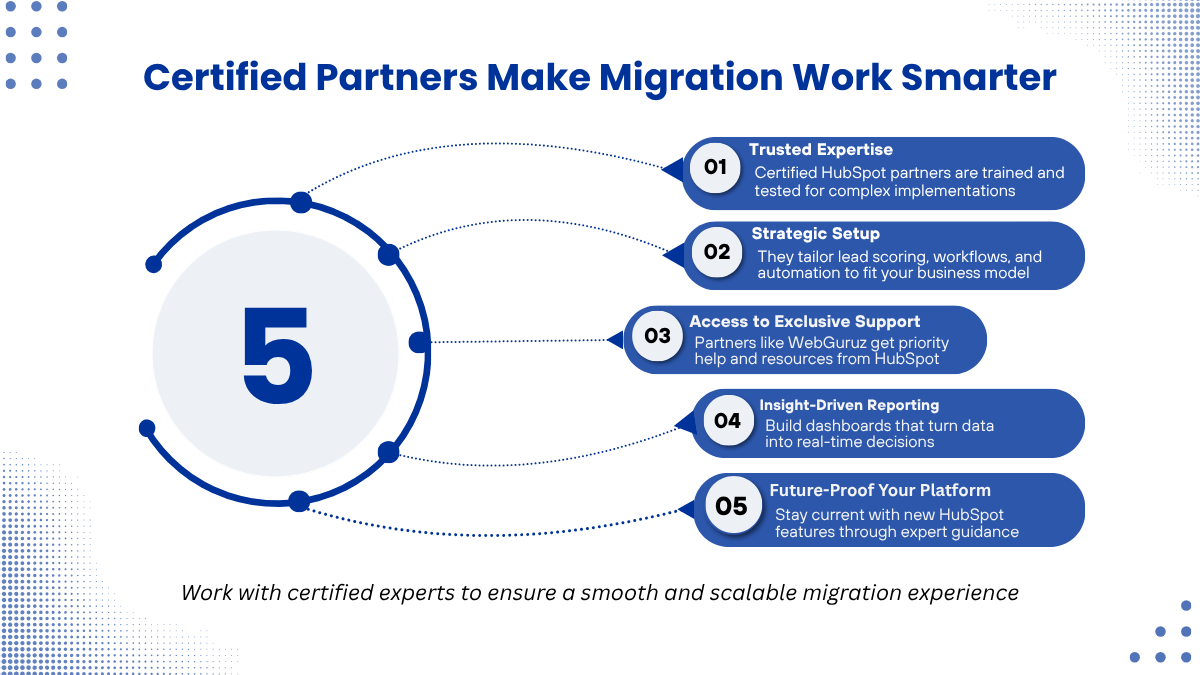
Not all HubSpot CMS Migration Services providers are created equal, and this is where working with a certified HubSpot partner services provider becomes crucial. HubSpot’s partner certification program ensures that agencies and consultants have the expertise needed to handle complex migrations and implementations.
HubSpot Platinum Solutions Partner agencies like WebGuruz represent the highest level of HubSpot expertise. These partners have demonstrated success with multiple client implementations and have access to additional resources and support from HubSpot directly. For SaaS companies, this level of expertise can mean the difference between a smooth migration that enhances their marketing capabilities and a problematic transition that disrupts their business operations.
Certified partners understand the nuances of how different HubSpot tools work together. They can help you set up lead scoring systems that make sense for your specific business model, create automated workflows that nurture prospects effectively, and design reporting dashboards that give you the insights you need to make data-driven decisions.
These partners also stay up to date with HubSpot’s frequent platform updates and new feature releases. The HubSpot ecosystem is constantly evolving, with new capabilities being added regularly. Working with certified partners means you’ll have access to these new features and understand how to leverage them for your business.
The proof of any platform’s value is in the results it delivers. SaaS companies that have chosen HubSpot CMS Migration Services are reporting some impressive improvements in their key metrics.
Many companies see immediate improvements in their website performance. HubSpot’s content delivery network and built-in optimization features often result in faster page load times, which directly impacts both user experience and search engine rankings. For SaaS companies where website visitors might be evaluating multiple solutions, a fast, professional website can be the difference between a prospect requesting a demo or bouncing to a competitor’s site.
Lead generation typically sees significant improvements as well. The integrated nature of HubSpot’s tools means that companies can create more sophisticated lead capture and nurturing campaigns. Instead of hoping that someone who downloads a whitepaper will eventually remember to request a demo, the system can automatically guide them through a series of touchpoints that build interest and trust over time.
Customer lifecycle management becomes much more streamlined. SaaS companies can track a prospect’s journey from their first blog post visit through trial signup, conversion to a paid plan, and ongoing customer success activities. This complete view helps companies identify which marketing activities are actually driving revenue growth and which might need adjustment.
Beyond the marketing and sales benefits, HubSpot CMS Migration Services offer several technical advantages that are particularly relevant for SaaS companies. Security is always a concern when you’re dealing with customer data and business-critical systems. HubSpot provides enterprise-level security features, including SSL certificates, regular security updates, and compliance with various industry standards.
Scalability is another important consideration. As SaaS companies grow, their website needs change. They might need to support multiple languages, create country-specific landing pages, or handle increased traffic volumes. HubSpot CMS is designed to scale with growing businesses, handling these requirements without requiring major infrastructure changes.
The platform also offers robust API capabilities, which are crucial for SaaS companies that need to integrate their website with their product. Whether you want to display account information for logged-in users, show product usage statistics, or create custom reporting dashboards, HubSpot’s APIs make these integrations possible.
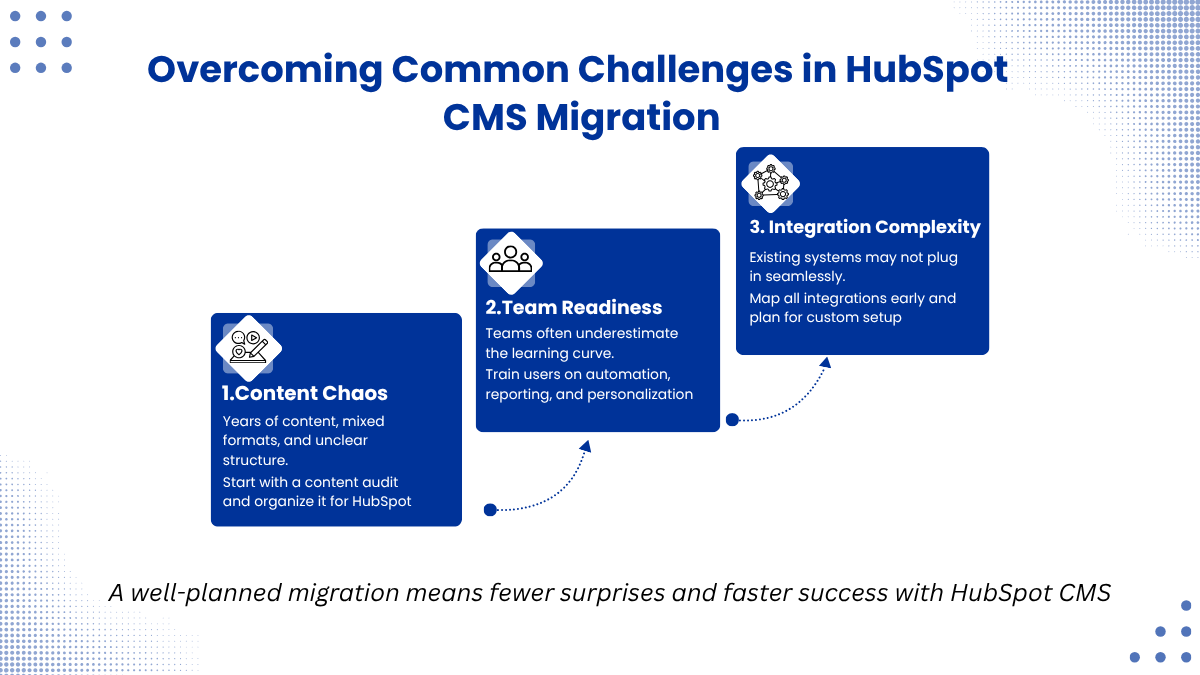
Even with professional help, migrating to HubSpot CMS isn’t always straightforward. Understanding the common challenges can help you prepare for a smoother transition.
Content organization is often more complex than it initially appears. Most companies have accumulated content over the years, and not all of it follows consistent naming conventions or organizational structures. Part of the migration process involves auditing your existing content, identifying what’s still valuable, and organizing it in a way that makes sense within HubSpot’s structure.
Team training is another consideration that’s often underestimated. While HubSpot is designed to be user-friendly, it’s still a sophisticated platform with many features. Your marketing team will need to learn not just how to publish content, but how to set up automation workflows, interpret analytics reports, and leverage the platform’s personalization capabilities.
Integration complexity can also be a challenge, especially for SaaS companies that have built custom integrations with their existing systems. Part of the migration planning process involves mapping out all your current integrations and determining how they’ll work within the HubSpot ecosystem.
Once you’ve migrated to HubSpot CMS, it’s important to track the right metrics to understand whether the transition is delivering value. For SaaS companies, this goes beyond traditional website metrics like page views and bounce rates.
Lead quality metrics become particularly important. You want to track not just how many leads you’re generating, but how many of those leads are actually becoming trial users and, eventually, paying customers. HubSpot’s attribution reporting can help you understand which content pieces and marketing channels are driving the most valuable prospects.
Customer acquisition cost is another crucial metric. If your HubSpot implementation is working effectively, you should see improvements in how efficiently you can acquire new customers. This might come from better lead nurturing that improves conversion rates, or from more effective content that attracts higher-quality prospects in the first place.
Customer lifetime value metrics can also improve as you leverage HubSpot’s Service Hub capabilities to reduce churn and identify opportunities for account expansion. The integrated nature of the platform means you can track how your content marketing efforts impact not just acquisition, but also retention and growth.
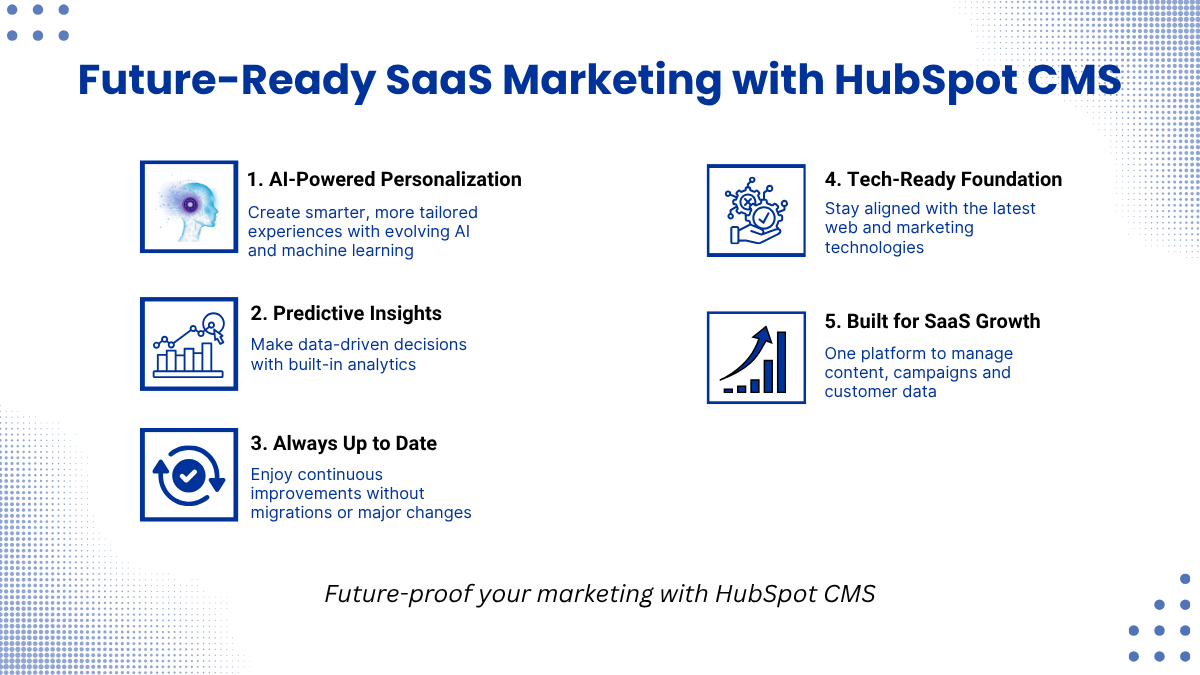
Looking ahead, the integration between HubSpot CMS and emerging marketing technologies continues to evolve. Artificial intelligence and machine learning capabilities are becoming more sophisticated, allowing for even more personalized customer experiences and predictive analytics.
The platform’s commitment to staying current with web technologies means that SaaS companies can focus on their core business while knowing their website and marketing infrastructure will continue to evolve with industry best practices. Regular platform updates add new capabilities without requiring major overhauls or migrations.
As the SaaS market becomes increasingly competitive, having a sophisticated, integrated marketing and content platform becomes more of a necessity than a luxury. Companies that can effectively leverage tools like HubSpot CMS to create personalized, data-driven customer experiences will have a significant advantage over those still juggling multiple disconnected tools.
The decision to choose HubSpot CMS Migration Services shouldn’t be taken lightly, but for many SaaS companies, the benefits clearly outweigh the challenges. If your current content management setup requires you to juggle multiple tools, struggle with data silos, or manually handle processes that could be automated, HubSpot CMS is worth serious consideration.
The key is approaching the migration strategically. This means taking the time to audit your current setup, clearly defining your goals for the new platform, and working with experienced professionals who understand both the technical and strategic aspects of the transition.
Companies that have made the switch successfully typically report that while the initial investment in migration services was significant, the long-term benefits in terms of improved efficiency, better lead quality, and more streamlined operations more than justify the cost.
The SaaS industry’s trend toward HubSpot CMS isn’t just about following the crowd- it’s about recognizing that in today’s competitive landscape, having an integrated, sophisticated marketing and content platform is essential for sustainable growth. With proper planning and professional migration support, the transition to HubSpot CMS can be a catalyst for significant improvements in your marketing effectiveness and overall business performance.
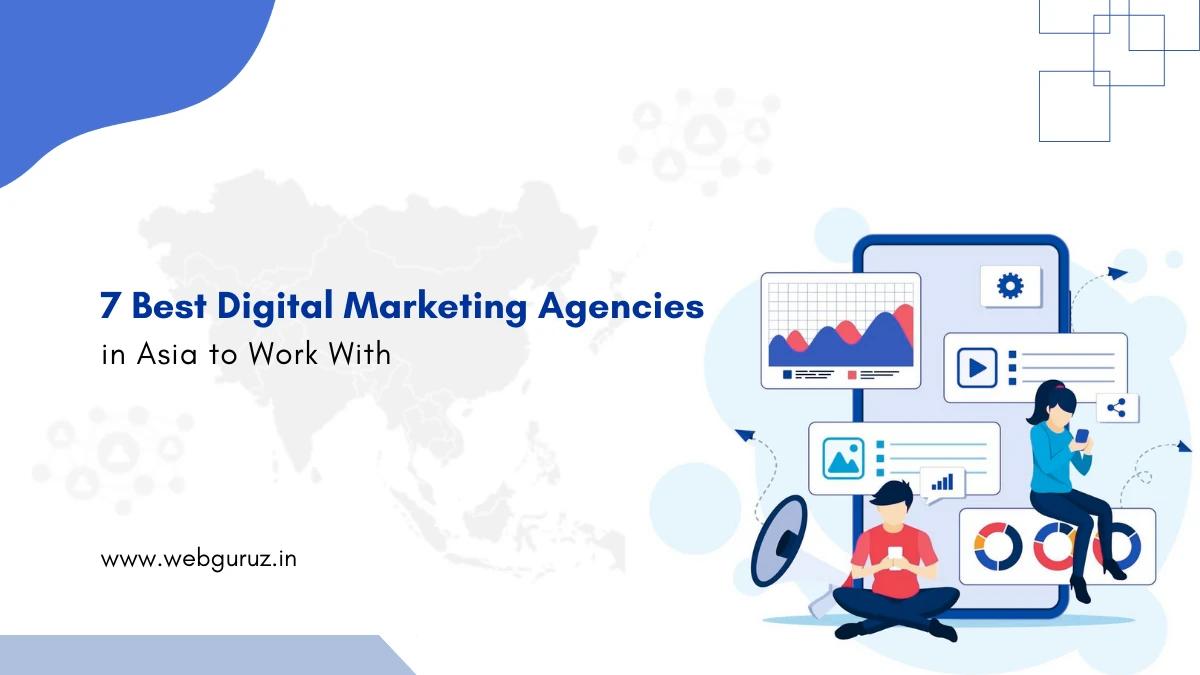
Mohit Bhatt
2025-08-22
7 min read
Finding the right digital marketing agency for your business can feel like searching for a needle in a haystack.
Read More
Mohit Bhatt
2025-08-20
7 min read
Choosing the right HubSpot Hubs for your business can feel overwhelming, especially when you’re looking at multiple options that seem to overlap in functionality.
Read More
Mohit Bhatt
2025-08-11
7 min read
Google’s AI Overview has changed how people search and find information online.
Read More